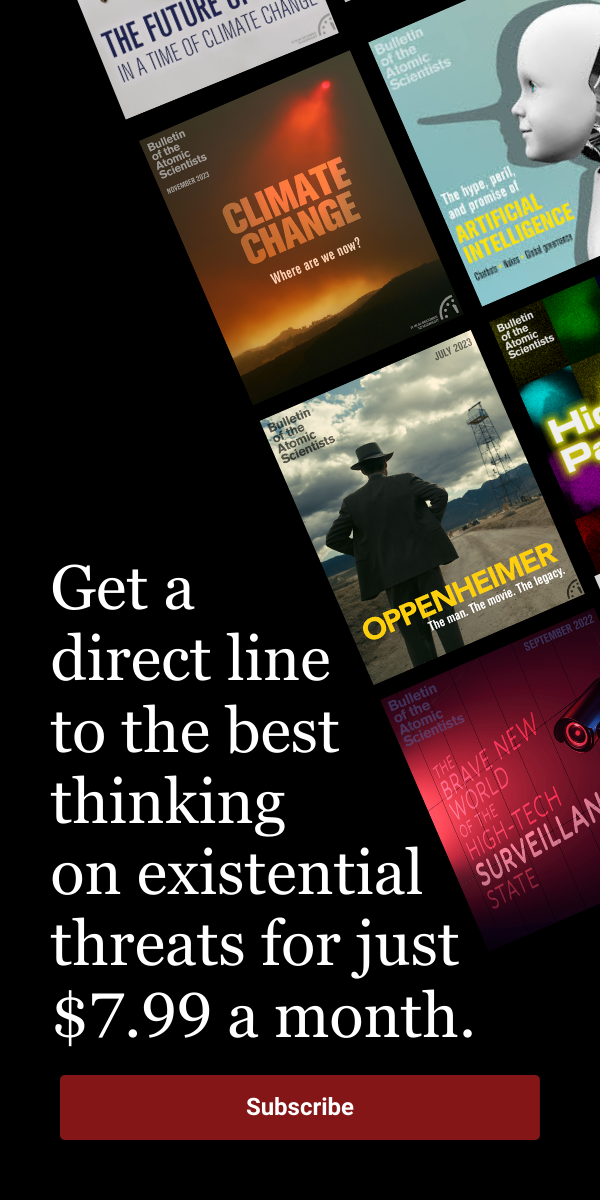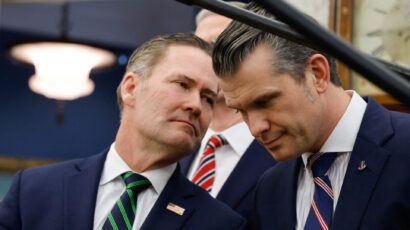Yes, there really is scientific consensus on climate change
By John Cook | April 13, 2016
US President Barack Obama and British Prime Minister David Cameron have both observed that there is 97 percent agreement among climate scientists that humans are causing global warming. So too have US Secretary of State John Kerry and US presidential primary candidate Senator Bernie Sanders. Conversely, US Senator Ted Cruz and former US Senator Rick Santorum—current and former presidential primary candidates respectively—have both argued that the 97 percent consensus figure is “bogus.”
Stuck in the middle of this public tug-of-war is a confused populace. Studies in 2009 and 2010 both found 97 percent agreement among climate scientists that humans are causing global warming. Nonetheless, a US national survey in 2015 found that only 12 percent of Americans were aware that the scientific consensus was over 90 percent. How did consensus become such a contentious topic? And what, if anything, can be done about it? A new study showing that the “lack of consensus” claim is a myth may have some impact on the conversation.
The answer to the first question dates back to market research conducted around 2002. Frank Luntz, a Republican strategist and pollster, found that when people realised there was scientific agreement on global warming, their views on climate change altered accordingly. In a 2002 memo to the George W. Bush White House, Luntz advised Republicans that in order to win the public debate on climate policy, they should cast doubt on the scientific consensus. He wrote that “you need to continue to make the lack of scientific certainty a primary issue in the debate.”
Conservatives complied with this recommendation. An analysis of newspaper opinion pieces on climate change written by conservative columnists from 2007 to 2010 found that the most common argument was “there is no scientific consensus on climate change.” You can’t accuse conservatives of ignoring the evidence on climate change—at least, they didn’t ignore the market research on how to effectively confuse the public.
About a decade after Luntz published his climate strategy, social scientists began to catch up, realising the psychological importance of public perception of consensus. They labelled perceived consensus a “gateway belief” influencing a range of other climate beliefs and attitudes, including support for climate change mitigation policies. Social scientists began exhorting climate scientists to educate the public about their high level of agreement on human-caused global warming.
But the damage had already been done. Opponents of climate action had spent years casting doubt on the scientific consensus. Recent research has shed disturbing light on just how effective this type of misinformation can be. The positive effect of accurate scientific information can be cancelled out by misinformation. Further exacerbating the problem is the way the mainstream media often covers climate change, granting equal weight to both mainstream scientists and contrarian voices who are in a tiny minority. This form of false-balance media lowers public acceptance of climate change science.
The implications for science communicators are profound. Even if we explain our science clearly and accurately, our efforts can be undone by misinformation. In this golden age of misinformation (by which I mean the age of the Internet), effective science communication requires more than merely communicating the science. Doing so is necessary but insufficient. The simple yet potent next step is to inform the public about the overwhelming scientific consensus. Numerous studies (including my own) have confirmed the positive effect of simply mentioning the 97 percent consensus. As far as climate communication messages go, this is low-hanging fruit. You don’t have to explain the mechanics of the greenhouse effect or the complexities of the carbon cycle in order to increase acceptance of climate change—although improved climate literacy is highly desirable, which is why I do also advocate explaining those things.
The next step is to couple science with an explanation of how it might get distorted. Like any parent sending a child out into the big, bad world, we want our science messages to be safe as they venture into potentially hostile territory. If people encounter a fact plus a myth that contradicts that fact, they have no way of reconciling the two contrasting pieces of information. However, if they receive a fact, a myth, and—here’s the key—an explanation of why the latter doesn’t reflect reality, then they can reconcile the co-existence of fact and myth. This neutralises the influence of misinformation. Our science is safe.
Now, we have a new resource to dispel the myth that there is a lack of scientific consensus on climate change. While a number of past studies have measured the level of scientific consensus on climate change, no one has published a summary of the many consensus estimates—until now. In a paper published in Environmental Research Letters on April 13, I collaborated with the authors of seven of the leading consensus studies to perform a meta-study of meta-studies synthesising the research into scientific consensus on climate change. (A meta-study combines the findings from multiple studies.) Among climate scientists, the estimates of consensus varied from 90 to 100 percent, with a number of studies converging on 97 percent, the very figure derided by Cruz, Santorum, and others opposed to action on global warming.
A key finding from our meta-study was that scientific agreement was highest among scientists with the most expertise in climate science. This meant that groups with lower climate expertise showed lower agreement on climate change. The group with the lowest level of agreement—at only 47 percent—were economic geologists, who study metals and minerals that can be used for industrial and economic purposes. Conversely, the group with the highest level of agreement—at 97 percent—were climate scientists who were actively publishing climate research.
In short, the greater the expertise, the greater the consensus. The dark side of this relationship is that it allows misinformers to cast doubt on consensus by selecting sub-groups of scientists with lower expertise in climate science, in order to argue that scientific agreement on human-caused global warming is low.
Our study finds that multiple studies have found an overwhelming consensus among climate scientists. The level of scientific agreement is overwhelmingly high because the evidence is overwhelmingly strong. The anti-science crowd has deployed the “fake experts” technique—using non-specialists to undermine what the most relevant experts say—to cast doubt on consensus. Our hope is that our new study will both improve public perception of consensus and inoculate people against misinformation.
This won’t be the last word in the public controversy on consensus. Given its pivotal role as a gateway belief, consensus will continue to be the target of misinformation campaigns by opponents of climate action. This means the effort to increase climate literacy and counter misinformation will have to continue.
More broadly, science communicators need to acknowledge the persistent reality of misinformation, and adjust their approach accordingly. It is just as perilous to ignore the empirical findings of social science on how to communicate on climate change as it is to deny the empirical findings of the science itself.
Together, we make the world safer.
The Bulletin elevates expert voices above the noise. But as an independent nonprofit organization, our operations depend on the support of readers like you. Help us continue to deliver quality journalism that holds leaders accountable. Your support of our work at any level is important. In return, we promise our coverage will be understandable, influential, vigilant, solution-oriented, and fair-minded. Together we can make a difference.
Topics: Climate Change, Columnists















